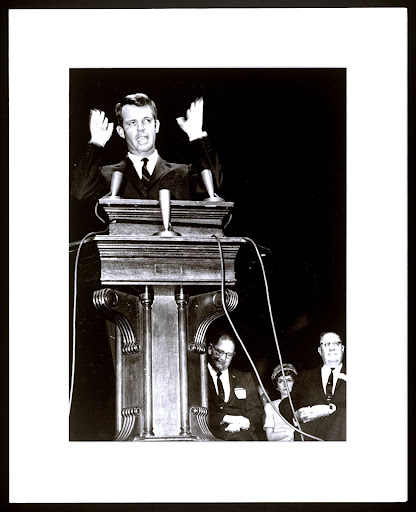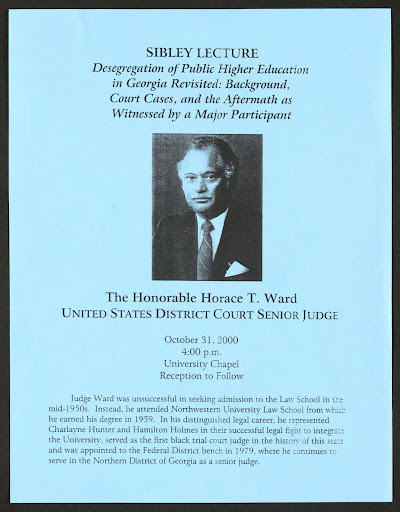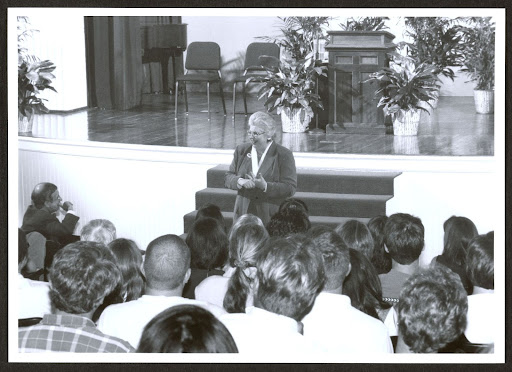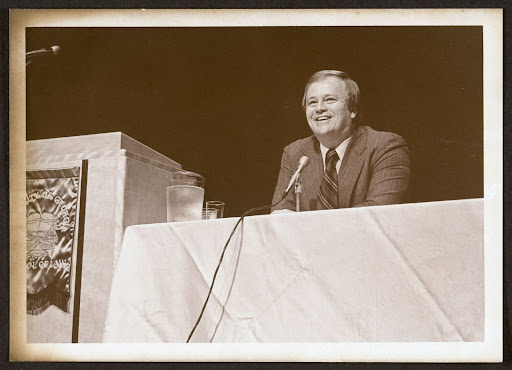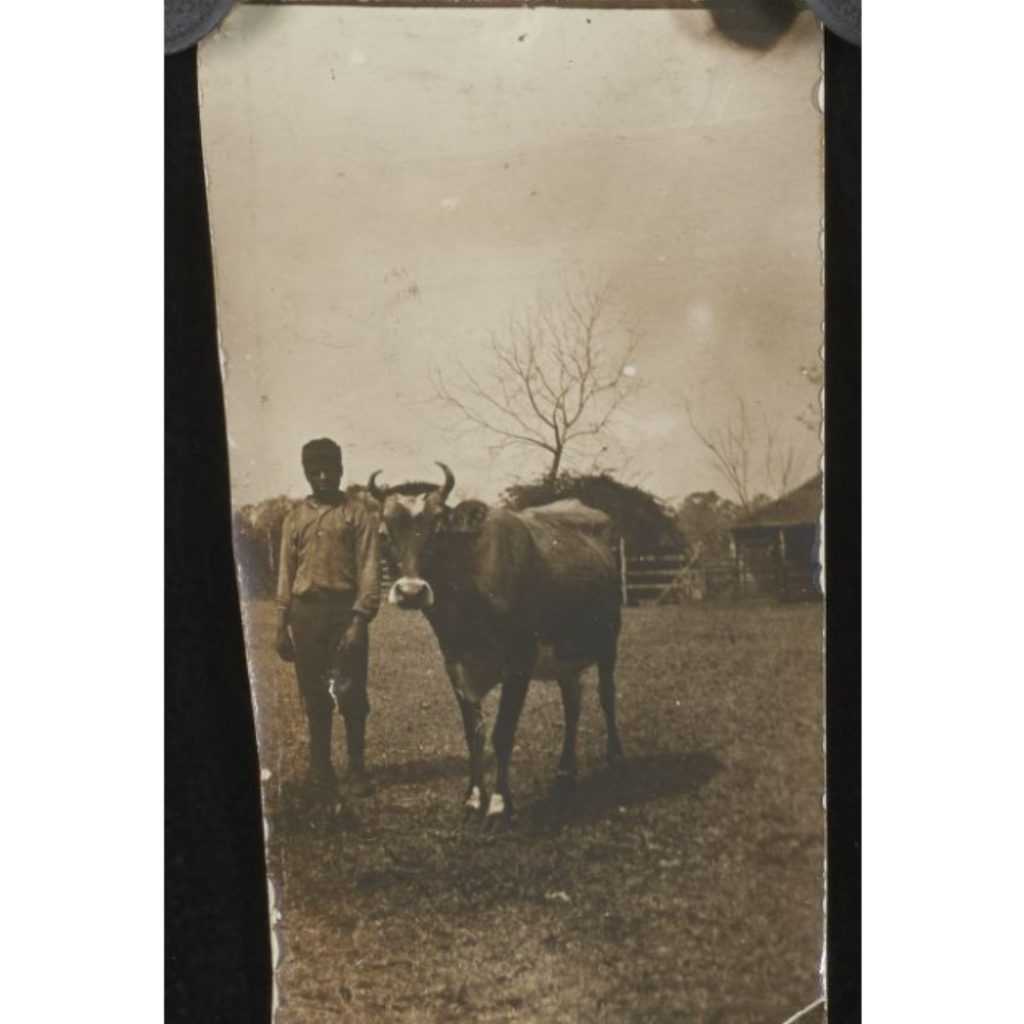The University of Georgia Alexander Campbell King Law Library Archive and Special Collections and the Digital Library of Georgia (DLG) have made 50 years of UGA School of Law speaker and lecture materials available freely online. The presenters are well-known national and state political figures, influential legal leaders, and current and former School of Law students and professors.
The collection features photographs of U.S. and Georgia political and legal figures during the latter part of the 20th century. Former President Jimmy Carter; U.S. Supreme Court Justices Ruth Bader Ginsburg, Antonin Scalia, and Clarence Thomas; and U.S. Secretaries of State Henry Kissinger and Dean Rusk are among the prominent national figures. Important legal leaders include Lawrence Lessig, Brooksley Born, and Sarah Weddington. Georgia politicians include former Governors Carl Sanders, Roy Barnes, and Zell Miller; U.S. Senators Max Cleland and Sam Nunn; among others.
Christian Lopez, the head of Oral History and Media and the Oral History Program at the Richard B. Russell Library, outlines the significance to those researching Georgia’s legal and political history:
“This free and searchable body of images from Georgia’s oldest law school will aid those studying economics, immigration, education, desegregation, race, gender, and more. The photographs document the School of Law’s historical impact on the state during the period from the 1950s to the early 2000s.”
The King Law Library’s Metadata Services and Special Collections Librarian Rachel Evans welcomes questions about the project and can be reached at rsevans@uga.edu.
About the University of Georgia Alexander Campbell King Law Library Archives & Special Collections
The mission of the Archives and Special Collections at the University of Georgia Alexander Campbell King Law Library is to collect, preserve, and share the history of the University of Georgia School of Law, including all members of its community–students, graduates, faculty, and staff–and their contributions to the state and society. Visit law.uga.edu/library to search the library’s catalog and other resources; explore the School of Law’s institutional repository collections at digitalcommons.law.uga.edu; or browse highlights from the library’s physical and digital collections via the digital exhibit site at digitalcommons.law.uga.edu/exhibit.
Selected images:
